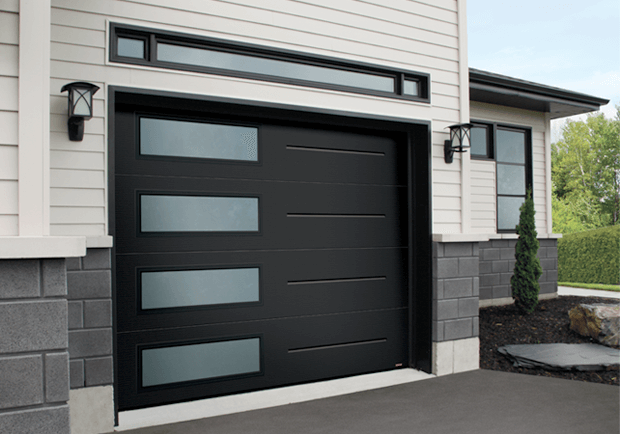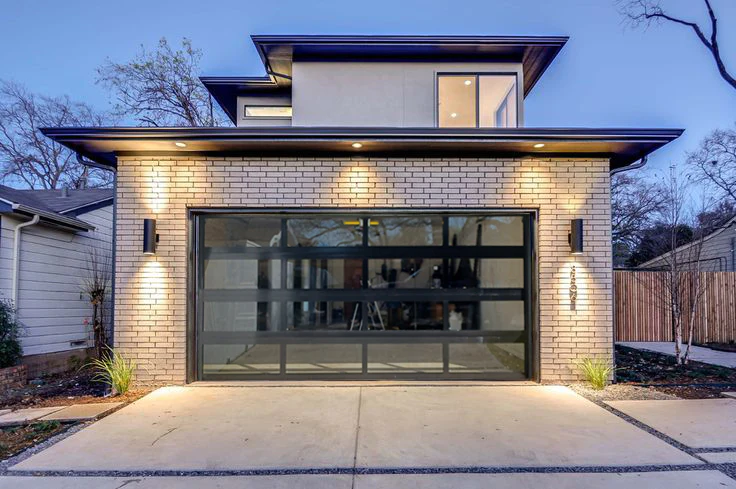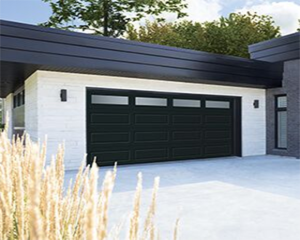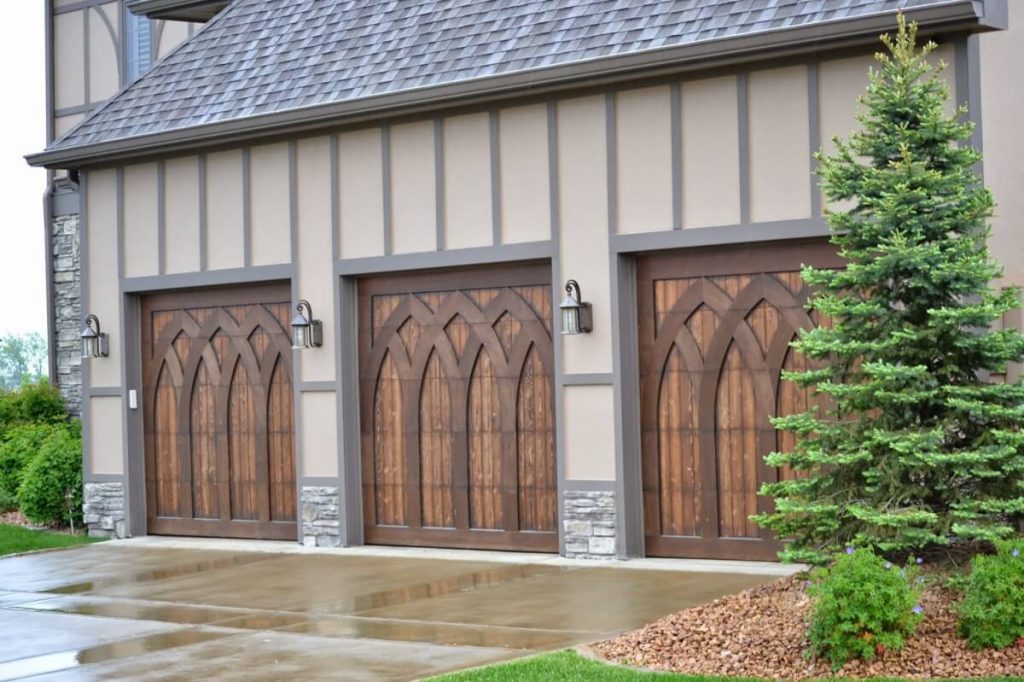Eco-Friendly Garage Door: A Guide to Sustainable Choices

Choosing a sustainable garage door can reduce energy consumption, minimize your carbon footprint, and enhance your home’s overall efficiency.
The Benefits of Having A Smart Garage Door Opener
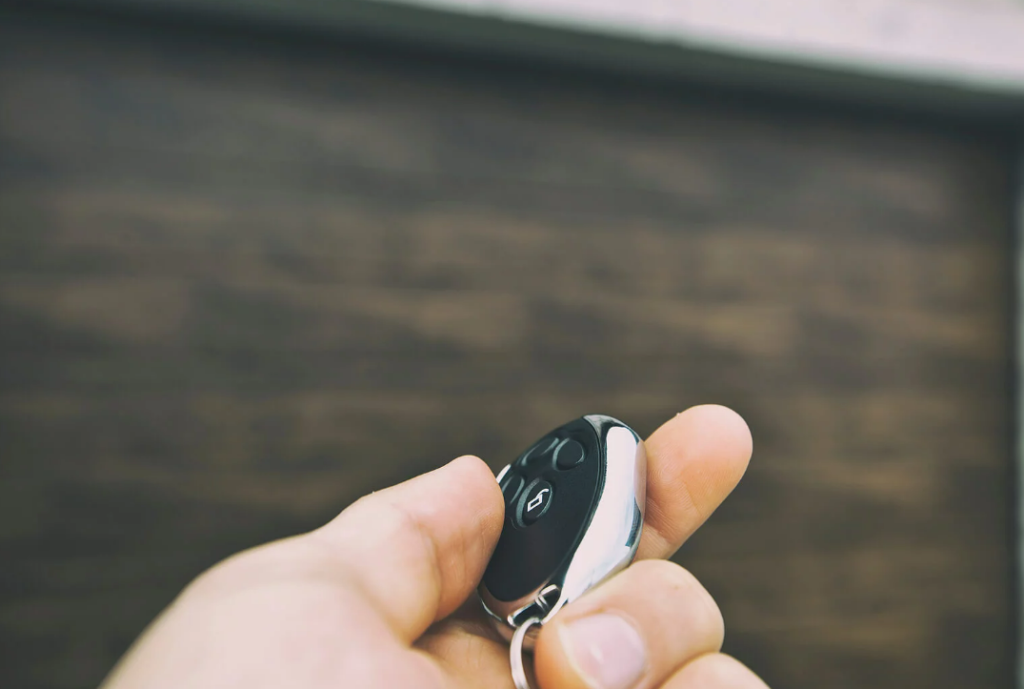
The Benefits of Having A Smart Garage Door Opener The Benefits of Having A Smart Garage Door Opener If you’re a smart home enthusiast, smart garage door openers offer even more automation. There are always new features being added, bringing an even more convenient experience. A Wi-Fi-enabled garage door opener transforms the ways you operate, […]
How Long Do Garage Doors Last?
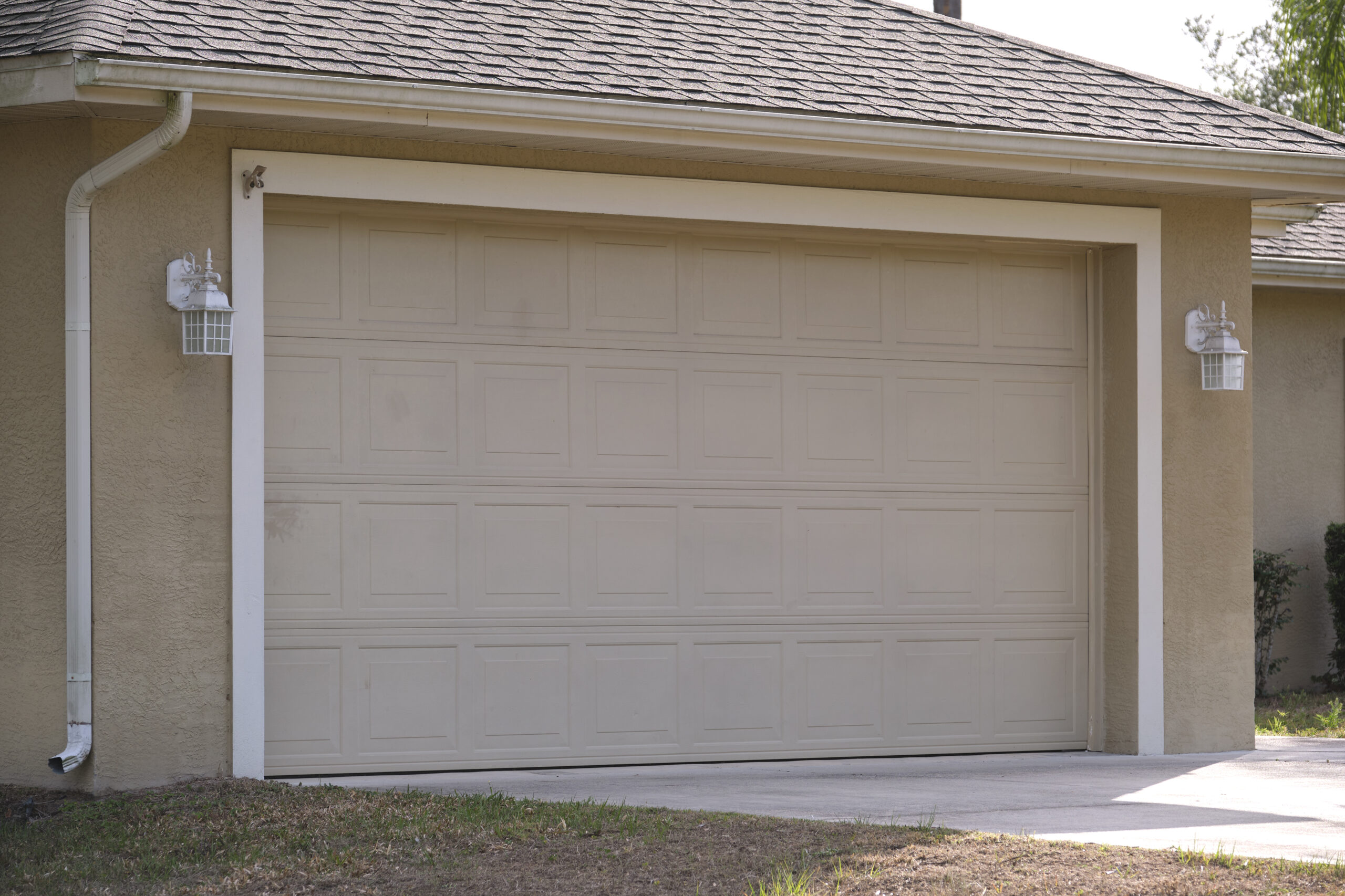
How Long Do Garage Doors Last? How Long Do Garage Doors Last? Garage doors are a thing that most people don’t give much thought to. This is until there is a problem with their doors. A garage door that isn’t able to open or close could make you stranded without a car, or it could […]
When to Replace Your Garage Door Opener
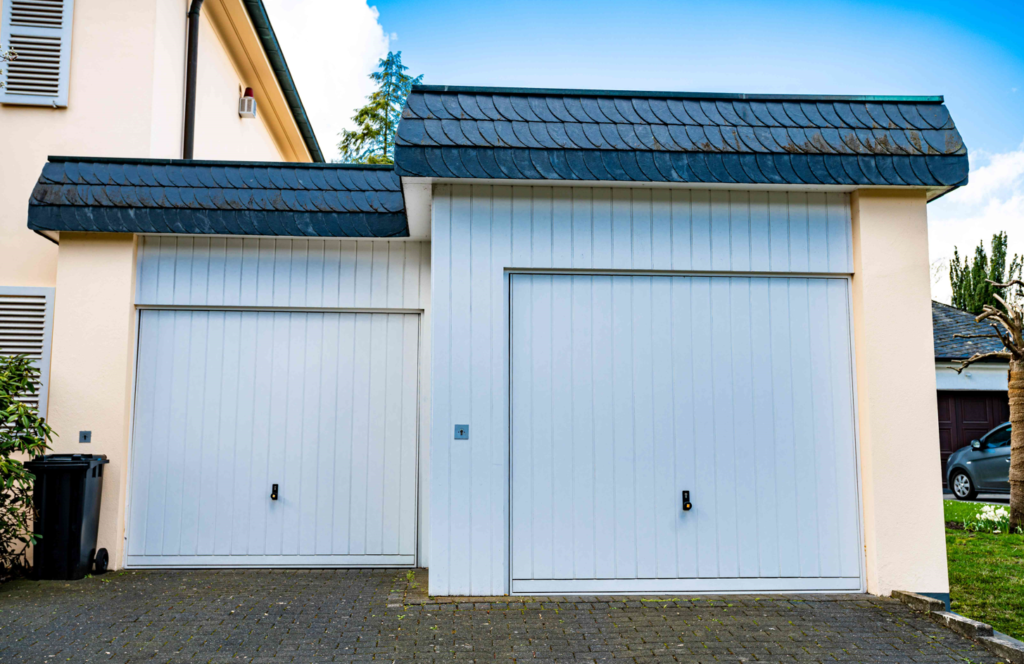
When to Replace Your Garage Door Opener When to Replace Your Garage Door Opener Knowing when to replace your garage door opener is crucial for the security and convenience of your home. While garage door openers are designed to last many years, sure signs indicate it may be time for a replacement. One key indicator […]
Facts About Garage Doors
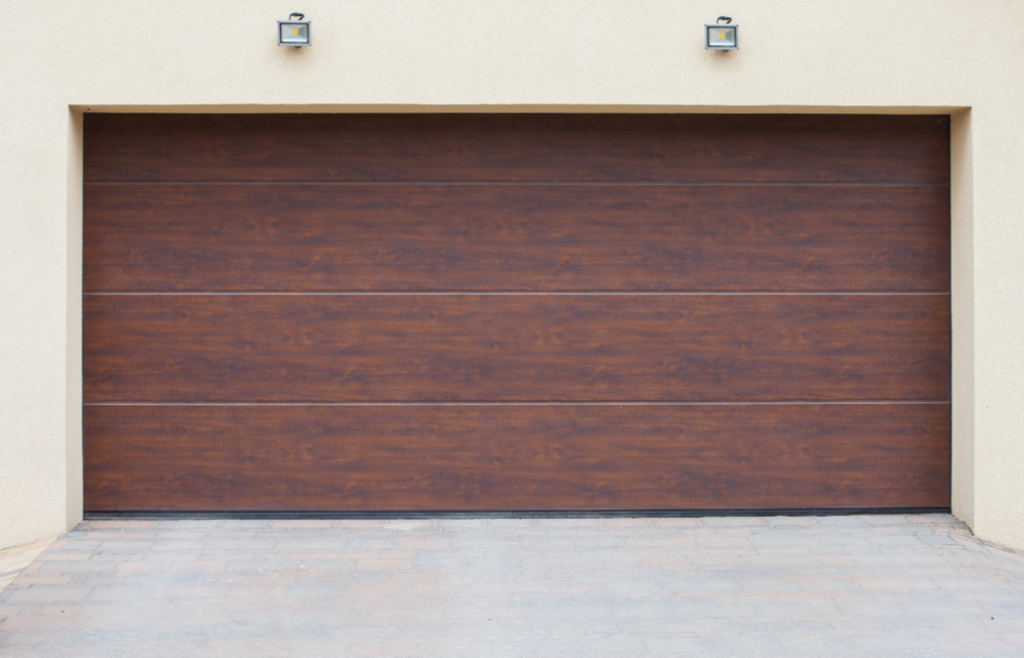
Facts About Garage Doors Facts About Garage Doors Garage doors can appear to be an ordinary part of your house, but they have much more to offer than you imagine. If you’re in need of repairs to your garage door or a new garage door installation, it’s crucial to be aware of the details of […]
Why is My Garage Door Making Noise?
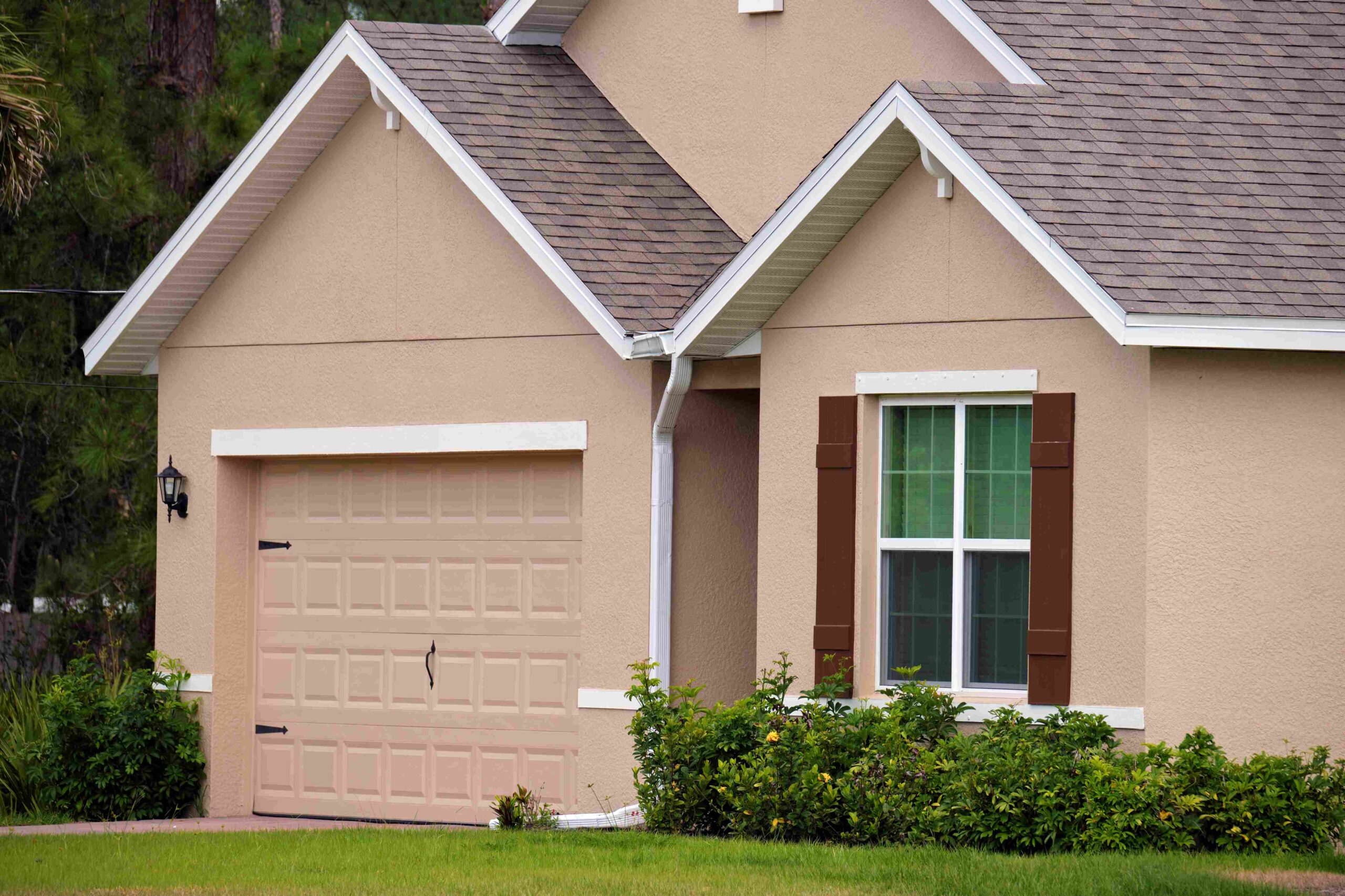
Why is My Garage Door Making Noise? Why is My Garage Door Making Noise? Introduction: Understanding the Importance of a Quiet Garage Door A quiet garage door is not just a luxury but a necessity for many homeowners. Here are some reasons why having a quiet garage door is important: Peace and quiet: If you […]
The Importance of Garage Door Weatherstripping
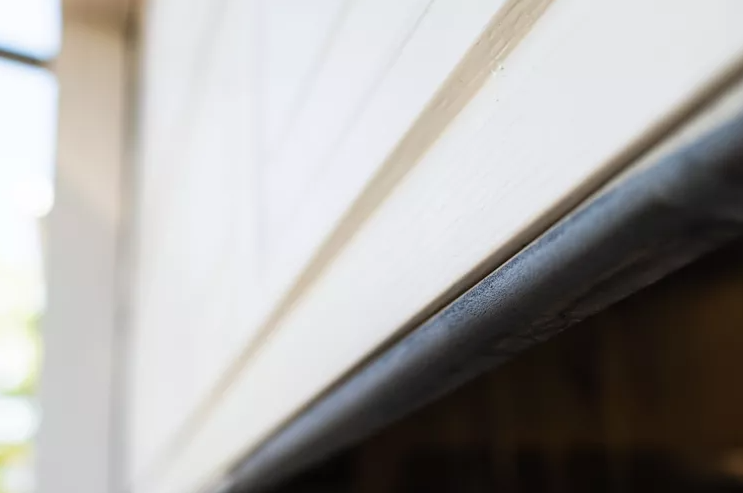
Your garage door is the most significant access point to your home, which means that if there is a faulty seal, your house is at risk of exposure to the elements and pests like rodents and insects. Sealing your garage door can save energy, reduce heating and cooling costs, protect your garage from water damage, […]
Cleaning Your Garage: A Comprehensive Guide
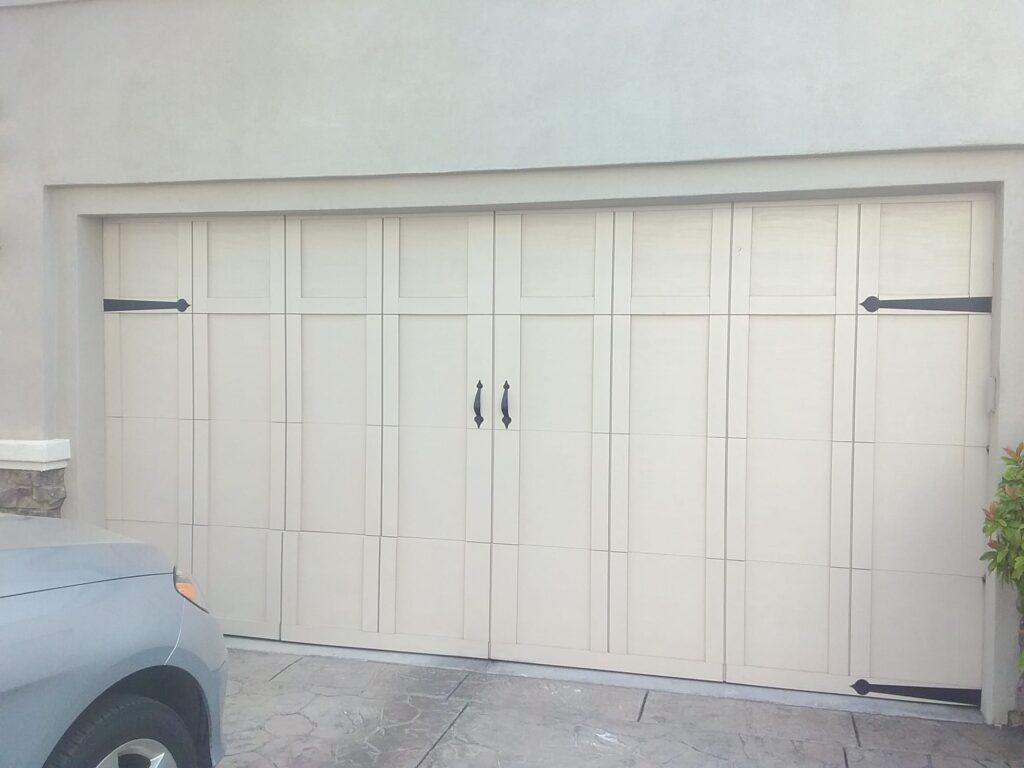
If you’re looking for ways to keep your home organized, cleaning your garage is a great place to start. Not only is it a significant source of clutter, but it’s also an essential task that ensures your garage remains clean, accessible, and in good condition. With that said, here are some tips to help you […]
The Evolution of the Garage Door: A Story of Innovation and Adaptation
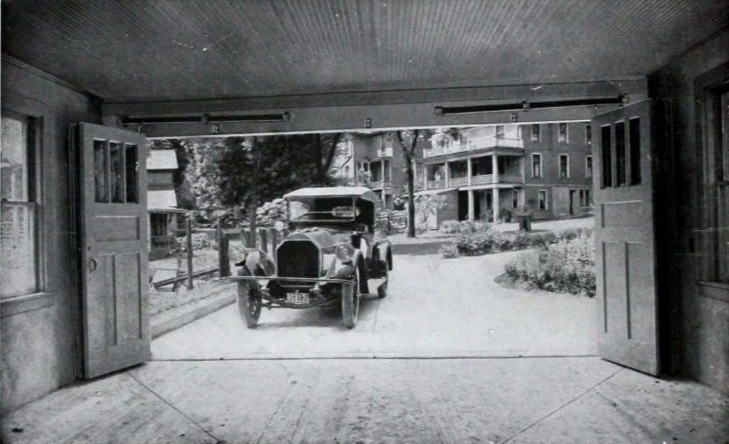
As the automobile industry began to boom in the early 20th century, people needed a new way to store their cars safely and efficiently. Traditional barn or carriage house doors were inconvenient and insecure, leading to the development of a new method. In 1921, C.G. Johnson introduced the upward-acting, sectional garage door to America, revolutionizing […]
Understanding Garage Door Springs: Types, Functioning and Importance
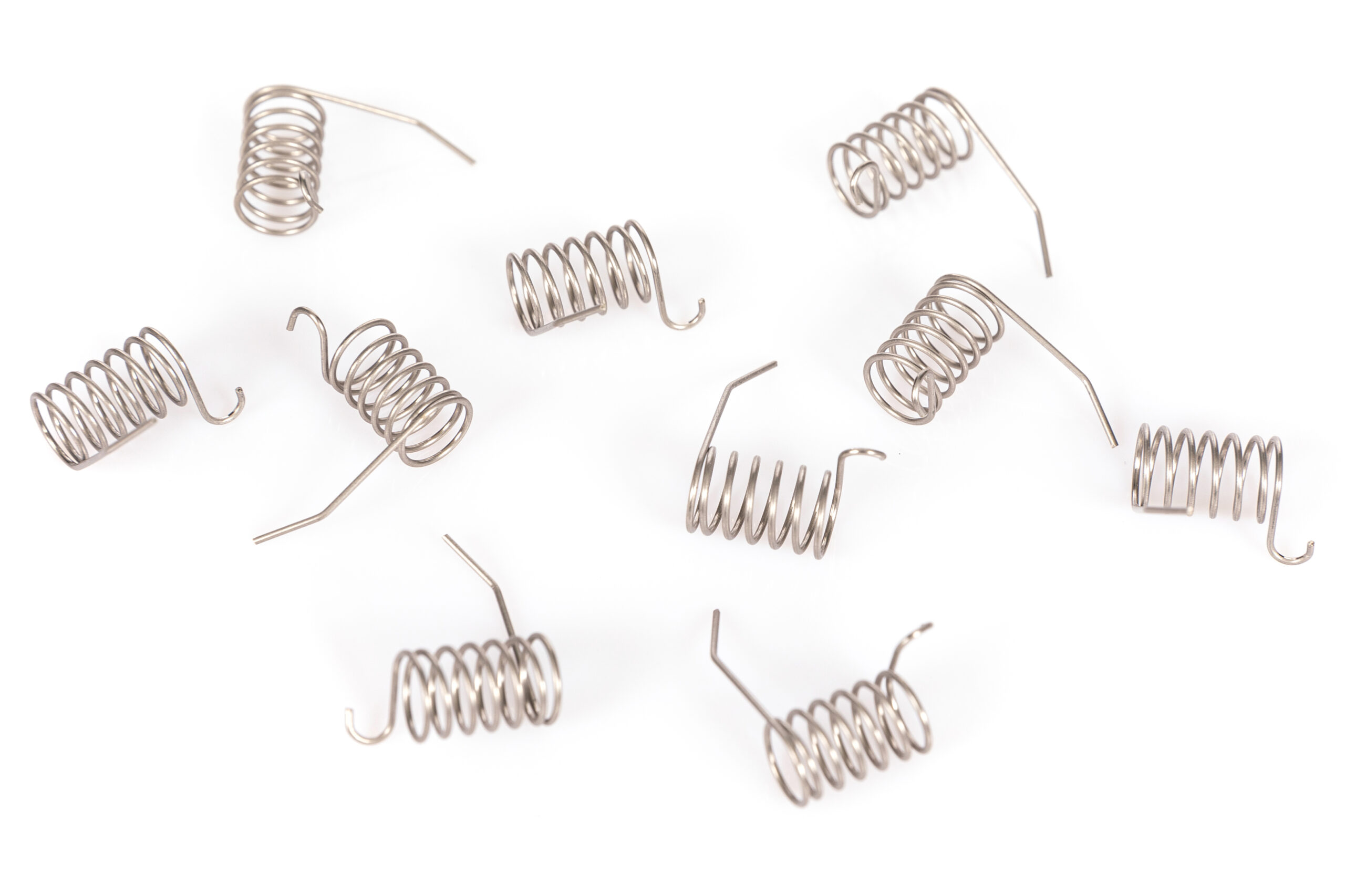
Your garage door springs are essential components that allow your door to function correctly. With regular maintenance, they can last for many years. However, as with moving parts, wear and tear are inevitable, and you will eventually need to replace your springs. The more you use your door, the sooner you will experience signs of […]


